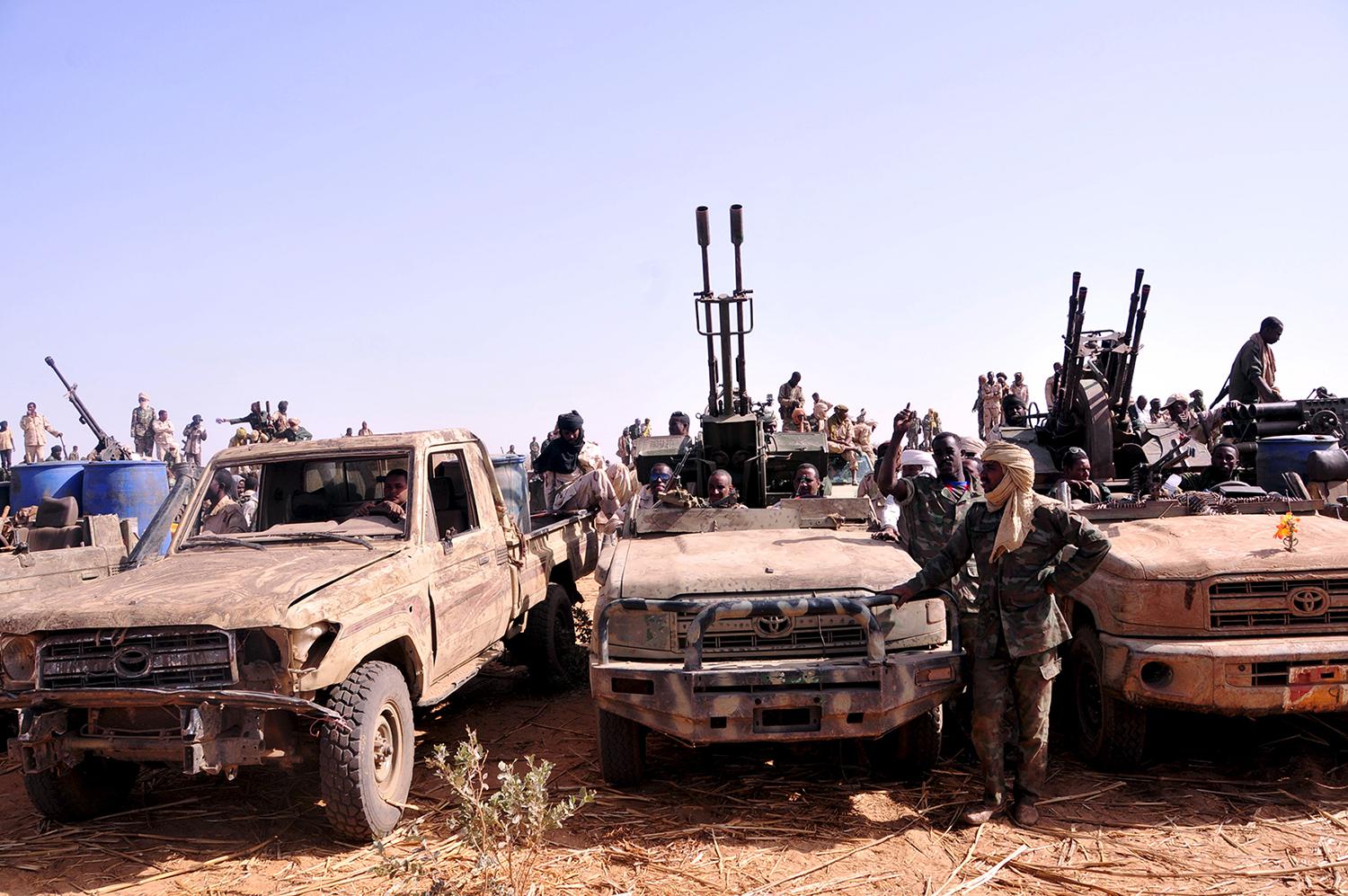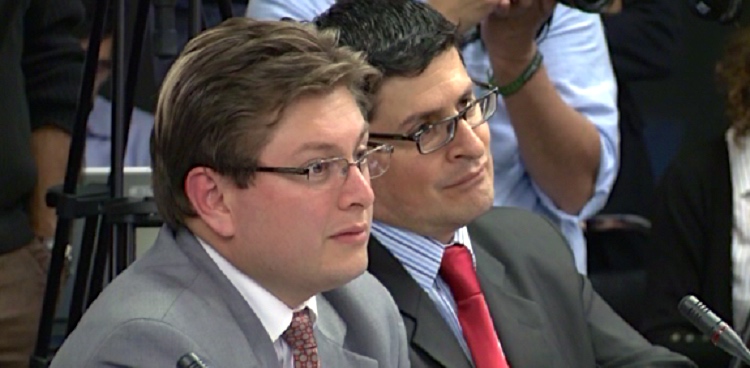By Christine Khamis
Impunity Watch Reporter, Asia
SEOUL, South Korea –
Authorities in both North and South Korea have agreed to allow reunions of families split up during the Korean War. 100 people from each side will be allowed to reunite with their family members and other relatives from October 20-26 in North Korea.
During talks on Tuesday in the border village of Panmunjom, Red Cross Delegates from both Koreas discussed an agreement allowing families to reunite. The agreement states that North and South Korea will work to resolve humanitarian issues, according to South Korea’s Unification Ministry. The agreement was part of a deal ending the Koreas’ military standoff, which began when South Korea blamed North Korea for the deaths of two South Koreans in a land mine explosion.
There are many in North and South Korea who do not know whether their family members and other relatives are still alive because they are prohibited by their respective governments from attempting communication.
200 people were allowed to reunite for six days in February 2014 as a result of a previous agreement between North and South Korea. Emotions ran high as family members were reunited with each other. However, the meetings were brief, limited to just a few days. Families also had little privacy due to North Korean workers listening to their conversations.
It is not clear how North Korea chooses the people who will meet their families. There is a great deal of uncertainty for those in South Korea because they are required to participate in a lottery for the chance to meet their families. The South Korea Unification Ministry reports on its website that around 130,000 South Koreans have registered for the chance to meet their families since 1988. Out of that number, only 66,000 people are believed to still be alive. Many of the 66,000 are in their 80s and 90s. In the past, many older Koreans have died before they have the chance to reunite with their families.
During the Korean War, the Korean peninsula was split into North and South Korea. The war is technically still ongoing because instead of a formal peace treaty, the two sides agreed to a truce through the Korean Armistice Agreement of 1953.
Since the Korean Armistice Agreement, there have been other reunions in which around 22,500 Koreans have participated. Out of that number, around 18,822 people met with family members in person, while the remaining people reunited through video conferencing. None of the 22,500 have been allowed a second chance to see their relatives, according to South Korea’s Red Cross Delegation.
For more information, please see:
International Business Times – North and South Korea Agree to Hold Family Reunion for the Second Time After Split – 9 September 2015
CNN – North and South Korea Agree to Family Reunions in October – 8 September 2015
Reuters – North, South Agree to Hold Family Reunions in October: South – 8 September 2015
The New York Times – South Korea: North Agrees to Reunions – 7 September 2015
Reuters – North Korea Agrees to Talks With South on Family Reunions – 29 August 2015

